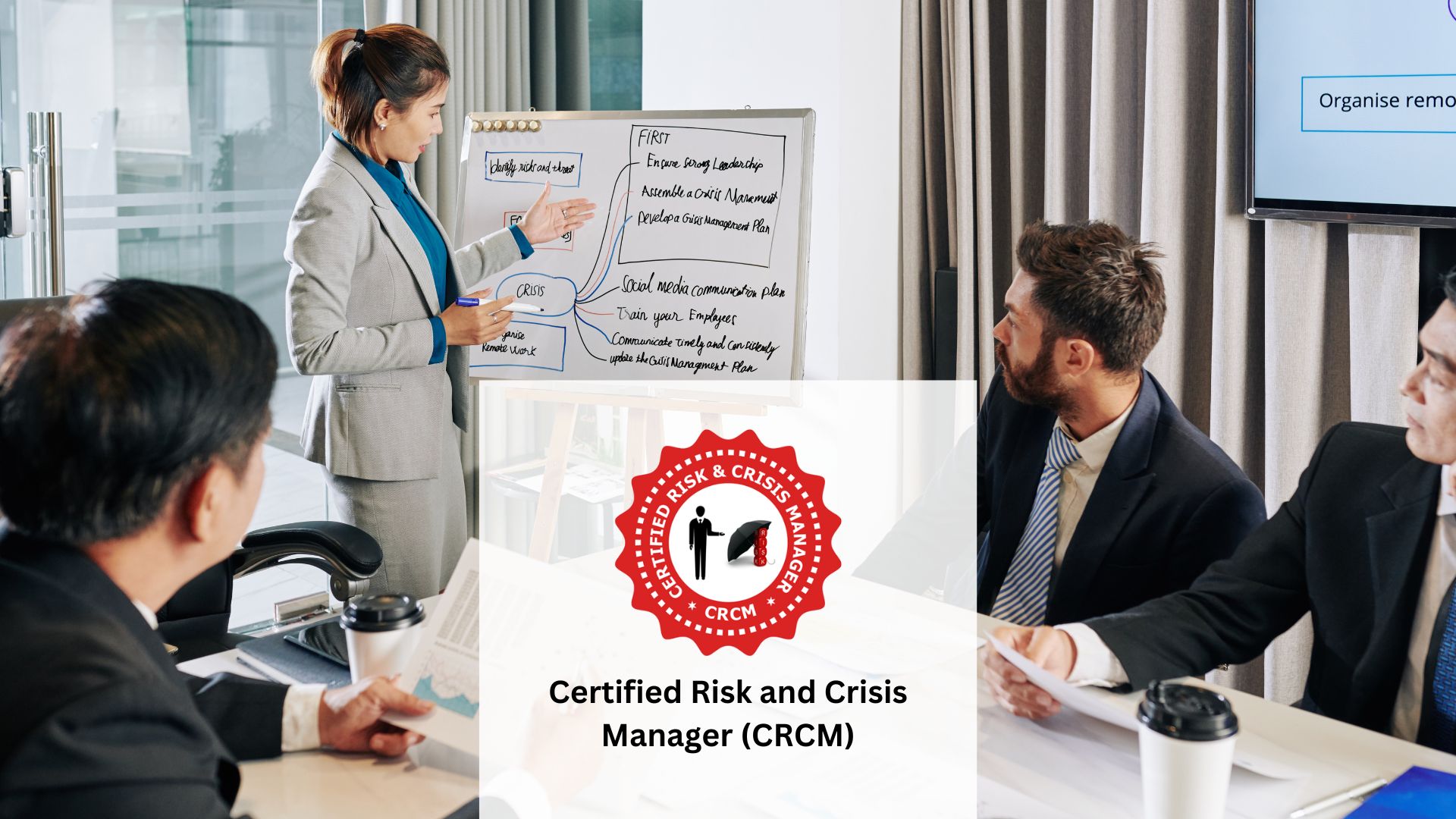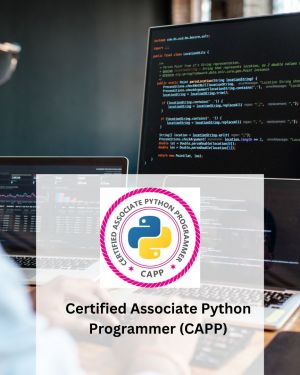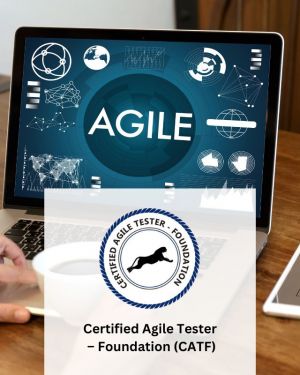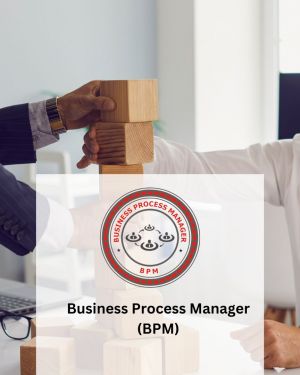Course Overview
Risk management has always been an integral part of project and organizational management, but its importance has grown significantly in today’s complex business environment. Effective risk and crisis management not only helps organizations reduce the negative impact of crises but also delivers tangible cost savings and business resilience.
This certification provides a flexible and practical framework that can be applied to individual projects, departments, or even across the entire enterprise. Participants will learn how to anticipate, assess, and respond to risks, as well as how to develop and test crisis management plans to ensure preparedness for emergencies such as natural disasters, operational failures, or unforeseen disruptions.
By earning the Certified Risk and Crisis Manager (CRCM)™ credential, professionals will be equipped to implement risk controls, lead crisis response efforts, and establish continuity and recovery strategies that safeguard organizational sustainability.
Exam Information
-
Exam Pattern: 50 Multiple Choice Questions – 80% required to pass (40/50 correct).
-
Exam Duration: 60 Minutes (1 Hour).
-
Exam Format: Online, non-proctored; can be taken anytime within an 8-month validity period.
-
Includes 2 exam attempts per voucher.
-
If unsuccessful after 2 attempts, candidates may purchase a new voucher for additional attempts.
-
-
Certification Validity: Lifetime
Course Outline
Module 1 – Risk Management
-
Understanding risk
-
Risk management activities
-
Assessing and responding to risks
-
Resourcing controls and reaction planning
-
Reporting, monitoring, and reviewing the framework
Module 2 – Crisis Management
-
What is crisis management?
-
Training leaders and staff
-
Conducting crisis audits and risk level analysis
-
Developing response processes
-
Consulting experts and applying incident management techniques
-
Establishing emergency operations centers
-
Building business continuity and recovery plans
-
Post-crisis recovery and lessons learned
-
Practice opportunities for real-world readiness
Target Audience
-
Risk management professionals seeking to deepen their expertise
-
Leaders of critical business units or company subsidiaries
-
Managers responsible for organizational preparedness and resilience
-
Professionals involved in business continuity, security, or operations








